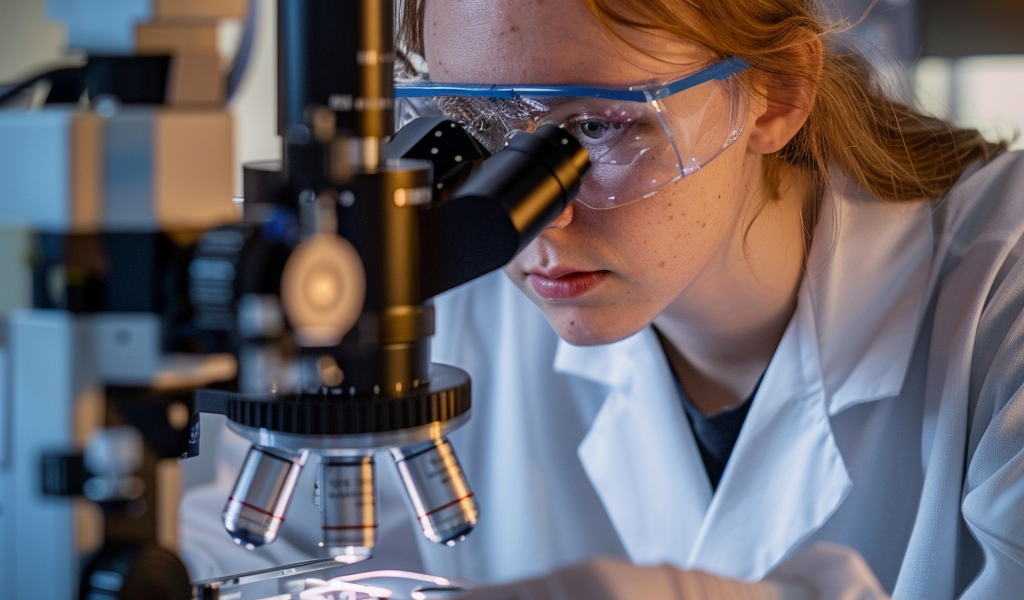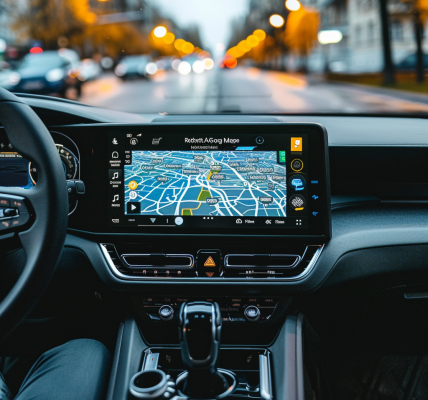NUS Researchers Make Groundbreaking Discovery in Creating Carbon-Based Quantum Materials
Researchers at the National University of Singapore (NUS) have made a groundbreaking discovery in the field of material science. They have developed an innovative method for creating carbon-based quantum materials atom by atom, using a combination of scanning probe microscopy and advanced deep neural networks.
This novel approach demonstrates the potential for artificial intelligence (AI) to revolutionize atomic manufacturing and quantum material research. The achievement holds significant promise for both basic science and potential future applications.
The development of open-shell magnetic nanographenes, a class of carbon-based quantum materials, is particularly significant. These materials possess robust π-spin centers and non-trivial collective quantum magnetism, making them crucial for the development of high-speed electronic devices at the molecular level and the creation of quantum bits, the building blocks of quantum computers.
While significant progress has been made in the synthesis of these materials through on-surface synthesis, achieving precise fabrication and tailoring of their properties at the atomic level has remained a challenge.
The research team’s method, known as the CARP concept, involves the use of a chemist-intuited atomic robotic probe. This probe enables chemists to precisely fabricate organic quantum materials at the single-molecule level, conducting real-time autonomous single-molecule reactions with chemical bond selectivity. The result is the fabrication of quantum materials with a high level of control.
Associate Professor Lu Jiong, leading the research team from the NUS Department of Chemistry and the Institute for Functional Intelligent Materials, believes that this innovative approach could revolutionize the control and production of quantum materials for both research and practical applications.





